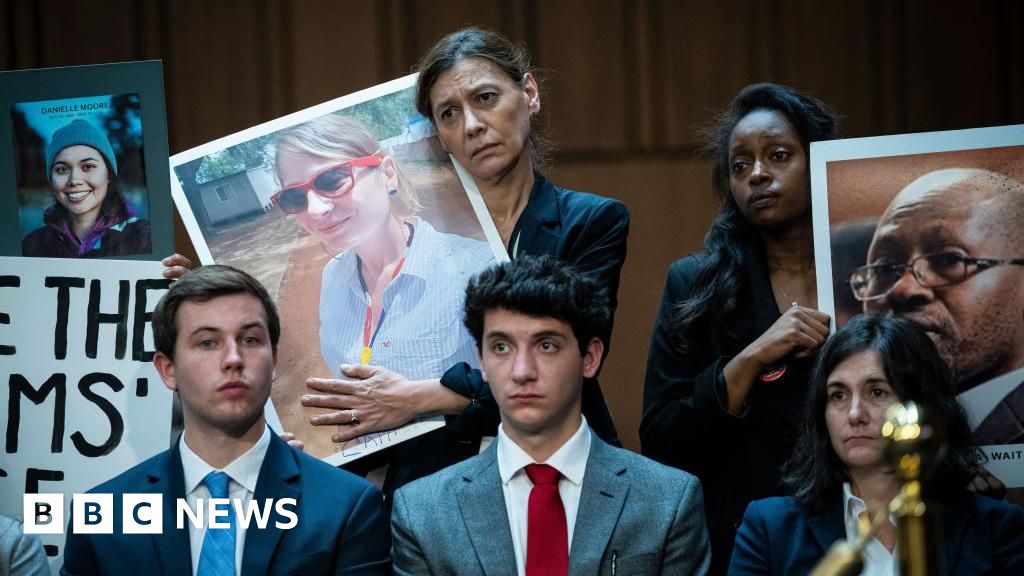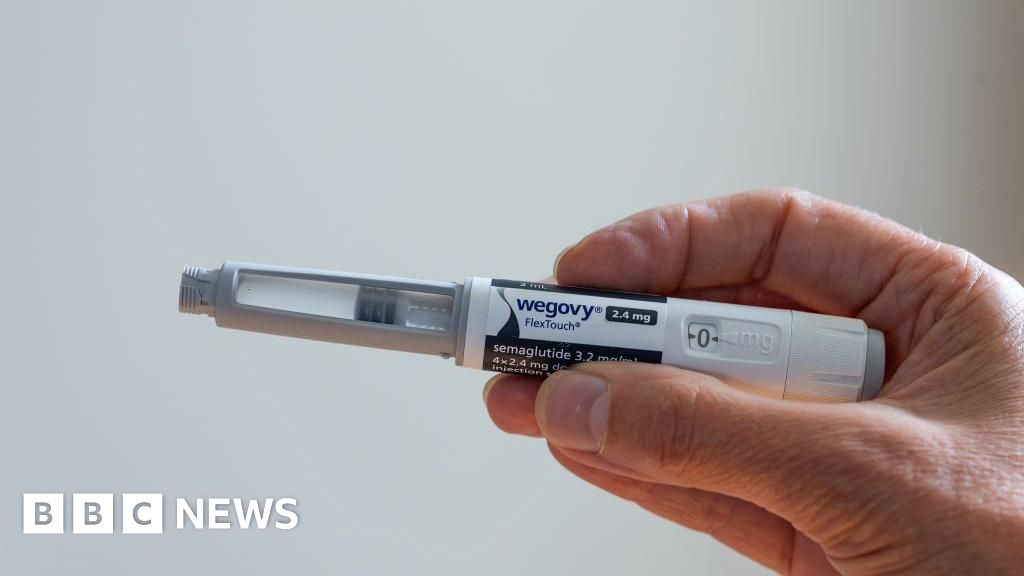ARTICLE AD BOX
 Image source, Getty Images
Image source, Getty Images
By Kevin Peachey
Cost of living correspondent
The number of wins of some Premium Bond prizes will increase from next month, pushing the prize fund rate to its highest level for 14 years.
Extra prizes worth £50 to £100,000 will be available but the overall chances of winning remain unchanged, according to the Treasury-owned operator NS&I.
It reflects the improvement in savings rates more generally during a period of intense competition between providers.
However, experts say the peak in savings rates is approaching.
A slowdown in the inflation rate, which charts the rising cost of living, means economists predict the Bank of England may slow the pace of interest rate rises. In turn, that would slow, or end, the improving returns for savers.
Outside chance
NS&I has now improved the prize fund rate of Premium Bonds - held by millions of UK savers - four times in the last year.
Next month's changes will mean, for example, that there are an estimated 59 prizes of £100,000 available, up from 56 in January. There will also be 12,573 prizes of £1,000 prizes next month, up from 11,968 in January.
However, the overall odds of each £1 bond winning a prize will remain unchanged at 24,000 to one, because there will be fewer prizes of £25 available.
"The fact remains that while some savers might be lucky enough to hit the [£1m] jackpot or win big early on, others may save and wait for long periods for even a small return," said Myron Jobson, personal finance analyst at Interactive Investor.
These increases by NS&I have come during wider improvement in the market in recent months after a decade of low returns for savers.
Savers have been offered much better rates than they have for years, but the buying-power of their pot of money has been diluted by rising prices in the shops.
At present, the highest interest rate for an easy-access savings account is about 3.25% on the first £5,000 of savings, compared with 0.7% a year ago.
For a one-year fixed bond, the top rate was 1.36% a year ago for those saving more than £1,000, but is now 4.33% for those saving more than £5,000.
Premium Bonds remain popular among savers
The rate of inflation is predicted to slow significantly by the end of the year, which means that activity in the savings arena is starting to diminish.
Anna Bowes, of independent comparison website Savings Champion, said that the UK was "possibly reaching the peak of the interest rate cycle". Although, some variable, easy-access accounts might still raise returns, overall activity among providers was likely to slow.
She pointed out that Bank of England figures showed there was £268bn in accounts that did not pay interest - usually bank current accounts - so it was still advisable for people to shop around to get better returns for any spare cash, especially as prices were still going up.
However, a quarter of UK adults have less than £100 set aside in savings, according to the Money and Pensions Service.
The lack of a financial safety net means many have to borrow money to cover any extra costs, creating greater anxiety about their plight.
Debt advisors are expecting a sharp increase in enquiries as people struggle to fund higher food and energy bills, with little to fall back on.
A recent survey for BBC News indicated that a third of respondents who borrowed money to help get through Christmas and the holiday season said they were not confident about their ability to repay.

 2 years ago
50
2 years ago
50








 English (US) ·
English (US) ·